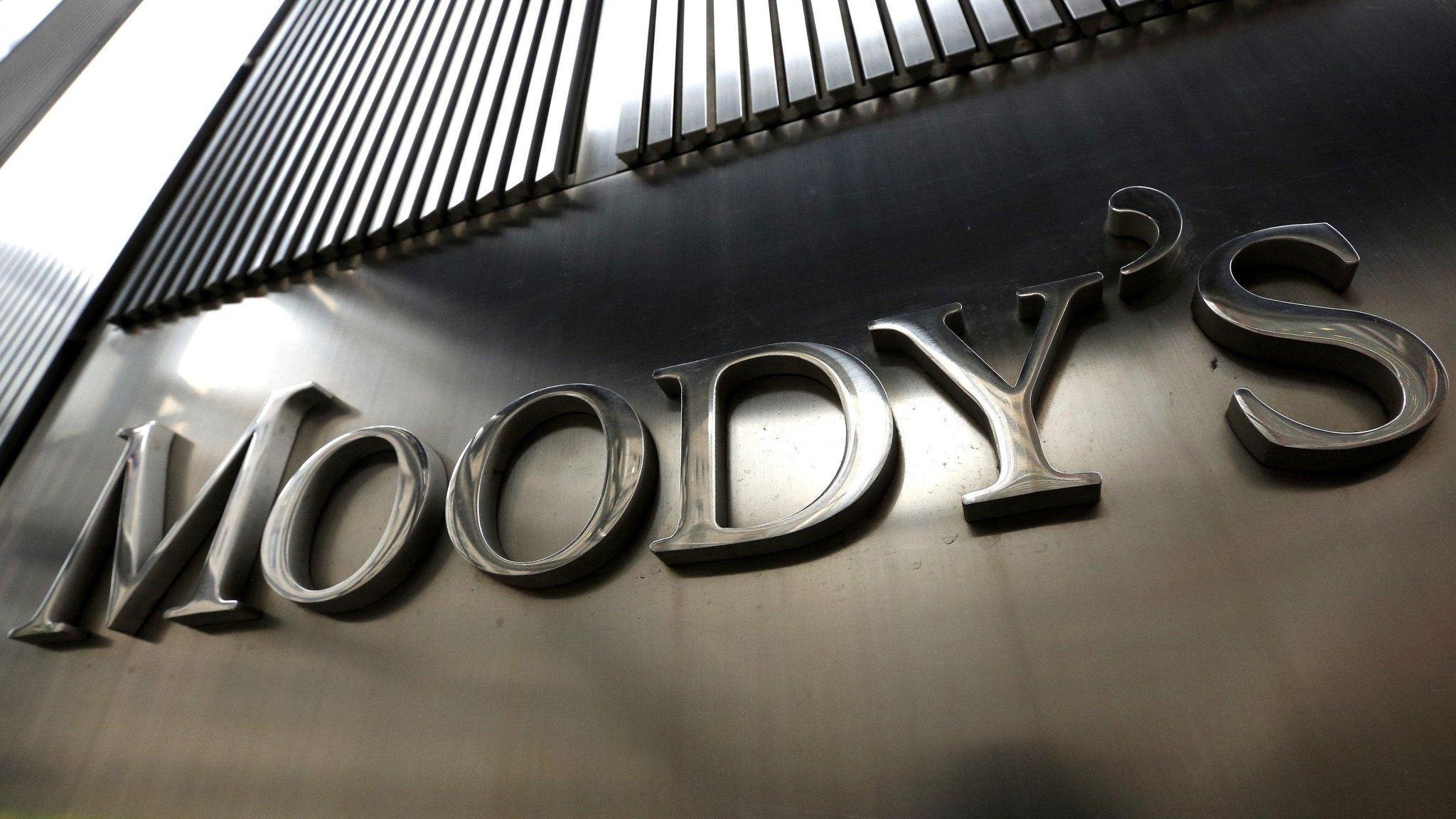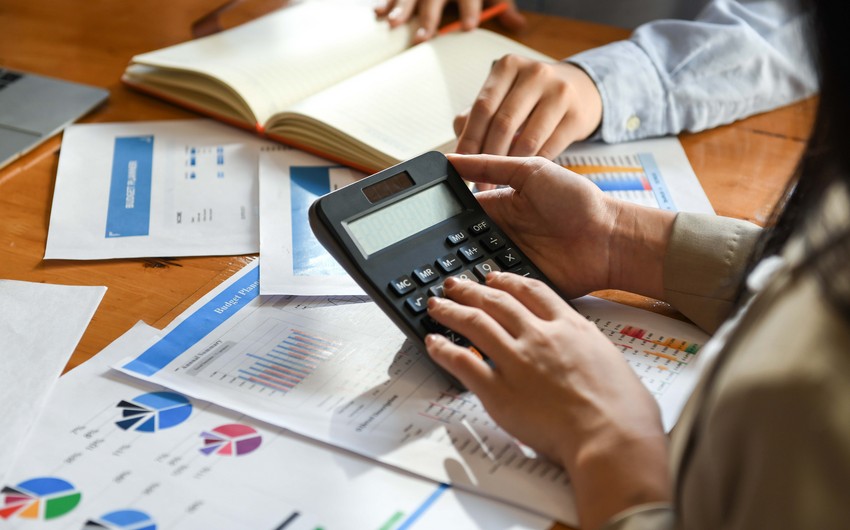Despite quite tough problems of 2020, which continued into the first half of 2021, international financial organizations and rating agencies give rather positive forecasts regarding Azerbaijan’s economic development in the near future. The impetus for this was the recovery in oil demand, which influenced the rise in prices on the market, as well as the lifting of quarantine restrictions. However, local experts are confident that the main motivation for the growth of the Azerbaijani economy will be large-scale restoration work in the liberated territories of Karabakh.
Financial stability
Moody’s Investors Service has recently reported on the completion of the periodic review of a group of issuers, which includes Azerbaijan, and includes the corresponding ratings, confirmed following a discussion held on May 17 this year. In this statement, the financial stability of the Azerbaijani government is indicated at "a1", whereas earlier it was at "a2". The rating agency explained its position by the country's strong position as a net creditor, since the size of the State Oil Fund's assets covers all direct debt and government guarantees.

It is known that the financial stability of the state is its ability to fulfill its monetary commitments in the face of changes in macroeconomic and other factors affecting the national economy, financial system, etc. Experts compare the indicators of financial stability with indicators of the country's financial potential. From this point of view, the improvement of this position for Azerbaijan is undoubtedly a positive factor.
Ratings are primarily important from in terms of the country's investment attractiveness. The higher they are and the more positive the forecasts accompanying them, the more confident the country’s ability to ensure the return on investment looks. This is especially important now, when Azerbaijan has launched major restoration work in Karabakh, which requires billions of dollars in investments. Of course, the state assumes most of the necessary costs, but as President Ilham Aliyev has repeatedly stated, the participation of foreign investors in this work is welcomed and even necessary.
From "stable" to "positive"
In this regard, in general, Azerbaijan’s ratings this year are very positive. Most recently, Moody’s has changed the outlook on Azerbaijan’s rating to positive from stable and affirmed the long-term issuer and senior unsecured debt ratings at Ba2.

“In particular, enhancements to the monetary and macro policy framework may promote stability in the external and banking sectors in the face of shocks, while continued effective use of sizeable fiscal buffers would allow counter cyclical spending and limits the deterioration in the government's fiscal and debt metrics,” the report noted.
Also, Fitch Ratings, having recently affirmed Azerbaijan's long-term issuer default ratings (IDR) in local and foreign currencies at "BB +", raised the rating outlook from "negative" to "stable". According to Fitch Ratings, the country continues to maintain a strong external balance during the pandemic. In addition, there is an increase in oil prices - the main export product of the country, which makes it possible to regulate macroeconomic risks downward. Most importantly, there are very few risks of a resumption of hostilities in Karabakh, which also has a positive effect on rating forecasts.

In general, international rating agencies and influential financial institutions also assess the chances of growth in the Azerbaijani economy this year at a very good level. So, according to the latest data, the IMF believes that in 2021 the country’s GDP growth will exceed 2.3 percent, the World Bank - 2.8 percent, Moody's - at 3.5 percent, Fitch Ratings - up to 2.5 percent, S&P Global Ratings - 2.1 percent.
Almost all of the above figures show an improvement in the assessment in comparison with the previous conclusion. This is despite that, as is known, at the end of last year, the decline in Azerbaijan's GDP due to COVID restrictions and a decrease in oil production within the OPEC+ deal amounted to 4.3 percent.
In short, the cyclical development of the economy, of all life and its components, is evident, since recession was followed by a period of recovery. If there are no more such unexpected ‘surprises’ in the form of a pandemic and quarantine, and the oil markets don’t collapse, the period of growth promises to be much longer than the difficulties experienced.
Expert Gulu Nuriyev


 https://static.report.az/photo/665ce6b9-0719-3d21-a017-9bdebe56a75d.jpg
https://static.report.az/photo/665ce6b9-0719-3d21-a017-9bdebe56a75d.jpg

